2017 is shaping up to be the year we hit "AI" assistant overload
This article may contain personal views and opinion from the author.

If there's a true neural network behind the tech that can learn and adapt to unknown input within a specific area, then you're getting into a "narrow AI". These are far more complex systems that can learn and perform more tasks but will be specialized, like Google's DeepMind beating Go masters. Various voice assistants will have a narrow AI involved, but usually it is only there to help with natural language processing and conversational input, and it's rarely used for any of the features you might associate with a "smart" product or a virtual assistant, but rather to pull the relevant key phrases out from what you say and pass that along to whatever bot can help out. If voice recognition can understand various accents, you know you've got a solid AI powering the language processing. Google Assistant can also show off some of this language processing AI power with its ability to pick out important bits of data from blocks of text -- what you get in knowledge graph answers to questions.
These definitions are important because tech companies are quite sure that the vast majority of consumers don't know the difference between any of them. What most companies call AI is really just pattern recognition on the low end and maybe a bit of machine learning in some cases. This is what you'll see in most apps that offer smart suggestions, like changing your homescreen based on location or time of day, or offering a small bit of info based on a known piece of data, like giving you traffic data when you have a calendar event coming up.

Take for example, HTC's Sense Companion which some have called an "AI assistant". To be perfectly clear: at best, the only known AI involved with the Sense Companion would be in the language processing. There could me more, but without using it that's impossible to tell right now. The features actually touted are basic pattern recognition to offer up frequently used apps or contacts, give notifications on traffic and travel times based on a calendar event, or suggest nearby places. There may be some machine learning to better understand your preferences, but machine learning does not equal AI. To be fair, all of the things HTC is claiming for the Sense Companion sounds pretty useful and could even be "smart" depending on the quality of suggestions, but in 2017 it's a pretty basic voice-powered assistant. The same can be said for the supposed "AI" in the Honor Magic, which appears to top out at a bit of facial recognition, although for all we know that might just be Google's usual built-in facial tech and nothing really new.
Of course, what an assistant can do is the real meat that makes the assistant useful. As Siri often proved over the years, understanding words doesn't necessarily mean much if the assistant can't do anything with the command. Sure, it's nice to make calendar events, set reminders, get the weather, and perform other simple tasks, but it's the more advanced stuff that sets an assistant apart. Sometimes these features are called "skills" (like with Alexa), sometimes they are called "bot" interactions, but ultimately they are ways to extend the abilities of an assistant beyond the basics.
Assistants everywhere
Now that the basics are covered, you might realize that just about every manufacturer is trying to shove some sort of voice assistant into every device possible. Amazon's Alexa was the surprise of CES by showing up in dozens of devices including third party home assistant devices, TVs, cars, and smartwatches. Huawei has even said it will be including Alexa in upcoming smartphones. And, now that Microsoft has gotten Windows 10 running on ARM chips, the same could happen with Cortana once the Windows 10 Creators Update hits, because Microsoft said any device with a screen can have Cortana enabled.
A couple other companies are trying to go at it alone, like Nokia reportedly working on a voice assistant called "Viki", but there isn't much known about what it will offer. Samsung is working on its own assistant called "Bixby" and although the details there are still scarce, there's enough to make some educated guesses. First off, Bixby will be a strange evolution of Samsung's S Voice commands with as much of the proper AI assistant Viv that Samsung bought last year. That means at the very least, Bixby should offer the same features as the HTC Sense Companion, but likely with better natural language processing and more hooks into various services to beef up the "assistant" side of things. The one red flag is that early reports claim Bixby will be deeply integrated with Samsung's native apps, which means you may be forced to use Samsung's apps to get the benefits. And, more recently Samsung said it is open to working with Google on AI, which either means Bixby is planned to be more of a companion to something like Google Assistant or Samsung isn't very impressed with Viv. Again, hard to tell.

Of course, even HTC phones could end up with Google Assistant, so Sense Companion could be just that -- a companion. And, the latest rumors around the LG G6 is that the rumored "AI" assistant on that phone will be Google Assistant. So, as Google Assistant makes its slow expansion beyond Pixel phones, it looks like the future will be a competition between the Google Assistant, Apple's Siri, and Amazon Alexa. Microsoft's Cortana is a very dark horse in the race until we see how much manufacturers adopt it. OEMs have already gone beyond expectations in adopting Alexa, but Cortana is still an unknown.
Locked-in to certain smarts
Regardless of which assistants are really in the running, to get the most from Siri, Google Assistant, or Cortana, you have to be using Apple, Google, or Microsoft services respectively. The one slight exception is Amazon's Alexa which is generally platform agnostic and open to any services; the one exception being that Alexa will only buy products from Amazon. Of course, Alexa seems unlikely to get an app on iPhone and the services supported depends on third-party developers adding the functionality. So far, developers have put a lot of skills into Alexa but there will be limits, as there will with all assistants.
For example, Apple Music may be available on Android phones, but it's unlikely you'll ever see it integrate with any voice assistant other than Siri. There's a better chance for Google services, but Google could well delay integrating its services into others in order to give its own Google Assistant a better chance to stand out. Similarly, when Apple makes a proper assistant out of Siri with a home device, it will be very interesting what third-party services work. Apple notably added SiriKit with iOS 10, allowing certain types of third-party devs to hook into the voice assistant. Adoption hasn't been huge, but it at least proves Apple is willing to be more open.
Right now, each assistant has its strengths and flaws, as you'd expect this early on. Alexa has the most skills and is by far the most popular home assistant with the Echo, but doesn't exist on mobile yet. Huawei is the third biggest smartphone manufacturer in the world, so that's a big get for Amazon's side, but it remains to be seen how the service will work on a phone, not to mention whether it can continue getting better fast enough to hold its lead in usefulness. Apple's Siri has the opposite problem -- it has a solid footing in mobile but no home device yet and it's lagging behind on skills and integrations.

Google Assistant is also a bit of a mess. The first issue there is that its mobile footprint is still very small and it's unclear how quickly that will expand. Even so, the Google Assistant isn't really one singular entity, it's actually three different Assistants depending on if you're using Google Home, a Google Pixel, or Allo (not that anyone is really using Allo.) No matter what, Google is still the best at knowledge graph answers, but each iteration of the Assistant has different capabilities and features. Google Home can't send messages, create calendar events, or give you a list of search results. Allo can do those things and is better for a back-and-forth conversation (no need to say "Okay, Google" before everything), but typing is slower than talking for the most part.
Growing fast
Voice assistants are getting smarter. The technology is taking a turn, and the assistants will be found in more and more places. Which company you choose will have a major impact on the quality and features available to you. Amazon and Google are leading the way right now in different ways, but those leads are not insurmountable. It's still unclear how Apple's concern for privacy will affect its efforts to offer more smarts in Siri. And, even if Cortana can become a great assistant, Microsoft's lost life in the mobile space puts it at a serious disadvantage there. That said, Microsoft's PC market share and the potential for Cortana in IoT devices could help it take a good section of home scenarios.
No matter how that all shakes out, just be ready for the onslaught of voice-enabled "smart" gadgets and be careful to judge just how smart they really are.




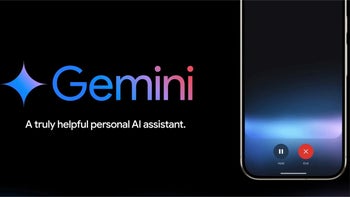
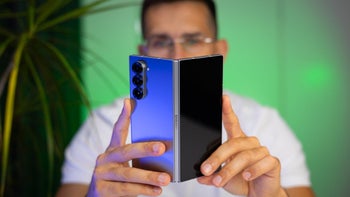
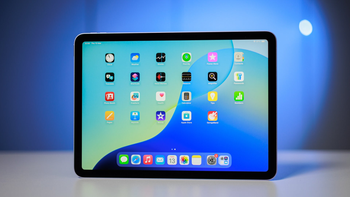
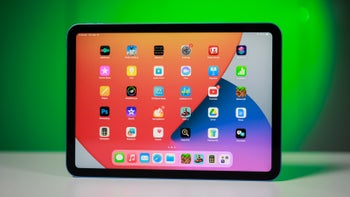
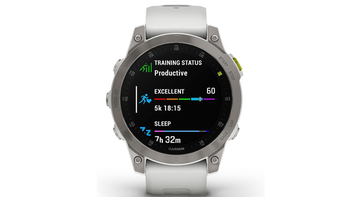
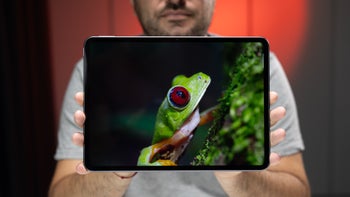
Things that are NOT allowed: